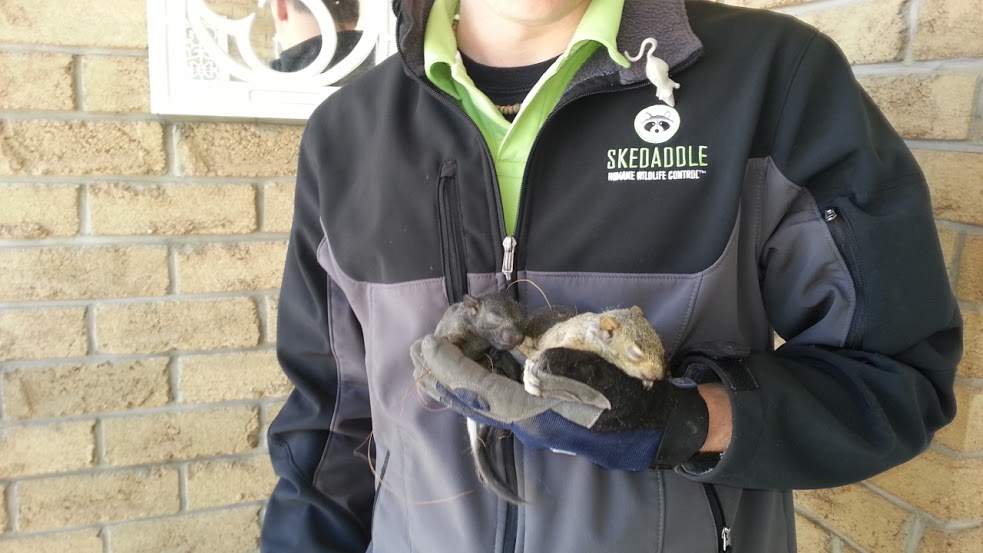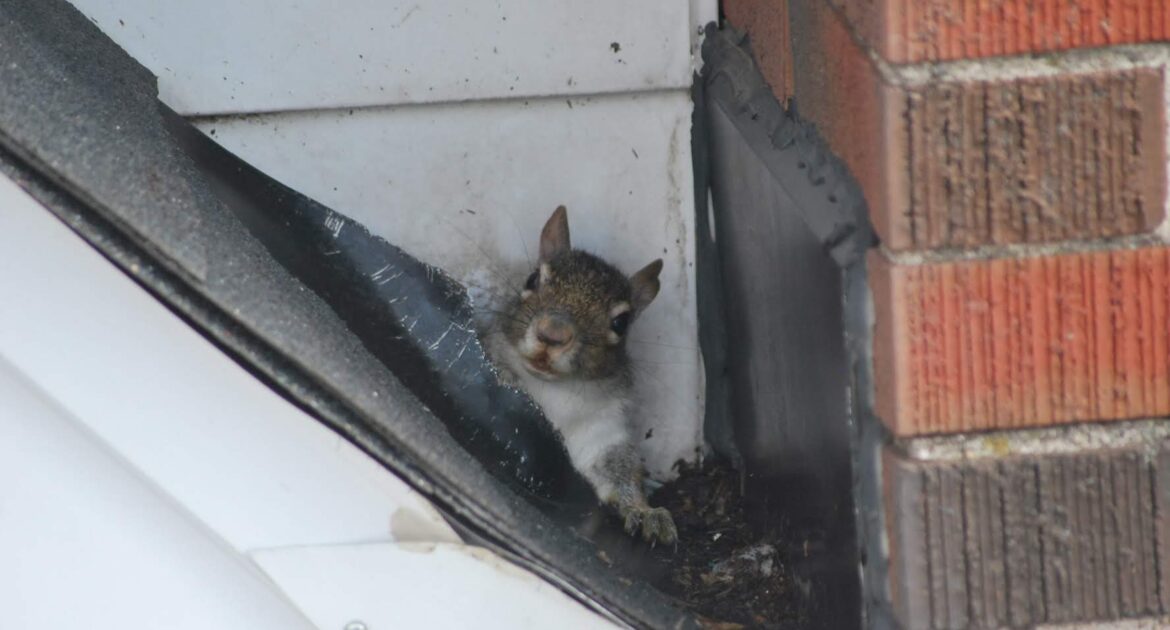Squirrels are pretty common in backyards and parks throughout Canada, almost anywhere you may live. These cute little rodents are seen as mostly harmless by much of the population, and for the most part, squirrels aren’t aggressive or threatening. Because squirrels are wild animals, nature lovers need to understand there should be some precautions taken to ensure safety for them and the animals. If you notice that a squirrel is exhibiting aggressive behavior, it’s best to consult humane animal control professionals in Whitby like Skedaddle.
Reasons Handling Wild Animals Is a Bad Idea
Even though squirrels look cuddly and sweet, handling them is still off-limits. They can be fun to watch, but like any wild animal, touching them for any reason should be left to the professional animal control handlers. Feeding, touching or trying to get too close to any wild animal may put both you and the animal in harm’s way.
Petting or picking up wild animals puts you at risk of a bite or scratch. Wild animals are often unpredictable and may not react the way a pet such as a cat or a dog would. Feeding squirrels may make it more difficult for the animals to survive on their own. When wild animals begin to rely on human food, it is not ideal for the creature’s health or ability to fend for itself. Additionally, wild animals that associate humans with food may be more likely to approach people and act aggressively.
Signs a Squirrel May Be Dangerous
In most situations, the squirrels in your yard aren’t dangerous. There have been a small number of reports of squirrels attacking people, pets and young children. Although the chances are low, it is possible for squirrels to carry rabies, so if a squirrel seems especially aggressive, overly friendly or confused, it may be wise to stay away from the animal and call an expert for assistance.
A more common issue with squirrels occurs when they get into attics, vents, crawl spaces and basements of homes. If there is a large population of squirrels outside in a neighbourhood or yard, there may be a risk of them getting into some of these areas. Once inside, squirrels could cause problems by leaving droppings and urine, which may turn into health risks for homeowners. They may chew on electrical wiring or plumbing pipes, causing potential fire hazards or leaks. Squirrels may also bring fleas, ticks or mites into a house.
Ways To Prevent Problems
The best way to peacefully coexist with squirrels is to maintain your distance and take preventative actions to keep them out of your home. Besides never trying to hold them or feed them, you can also prevent squirrel problems by staying away from their nests and the babies during the breeding season. A mother with young may interpret someone approaching her nest as a threat and may be more likely to attack.
If squirrels are a problem in and around your property, it may be time to take some steps to keep them from trying to get inside. Start by eliminating any potential food sources that are attracting the squirrels to your yards, such as bird feeders, trash cans or fruit and vegetables from your garden. Take steps to protect bird feeders and gardens and make them squirrel-proof. Inside of the home, seal gaps and spaces around windows and doors and cap your chimney. If you hear scratching and other sounds of an animal in your home, call a professional to remove it instead of attempting to trap or lure it outside yourself.

Watching squirrels frolic and gather food outside in their natural environment can be fun and relaxing. If you need more help with keeping these cute rodents from becoming a problem, contact us today.



